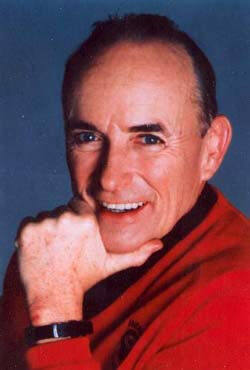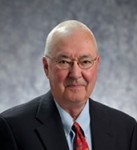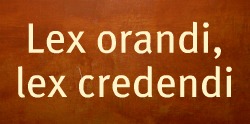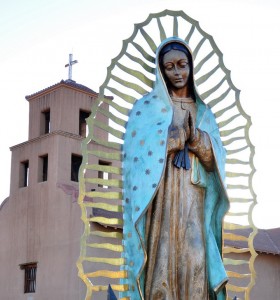“We are called to establish with truth, justice, charity, and liberty new methods of relationships in human society.” So states Pope John XXIII’s seminal encyclical Pacem in terris (PT), which celebrates its 50th Anniversary this year. A variety of Catholic media outlets have capitalized on the anniversary to highlight some of the encyclical’s enduring hallmarks. Likewise, universities and peace-building organizations have hosted international conferences on the topics of war and peace. Notre Dame’s recent “Peace Yesterday, Today and Tomorrow” conference was one such gathering, which I was fortunate to attend. The conference aimed at facilitating an international, interfaith exploration of thematic peace and justice issues, especially those emerging in PT. I share a few reflections on the conference here.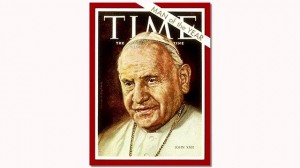
The call to “establish truth, justice, charity and liberty” aptly captures a core conviction shared by the conference’s diverse presenters and attendees. Laity, clergy, Muslims, Christians, Westerners, Easterners, academics and practitioners, all brought experience working at a particular level of global society to promote peace, reconciliation efforts and conflict resolution. Those I encountered certainly merited the moniker a fellow attendee used for them: “artisans of peace.” Rather than a strict reading of PT in light of its historical context, speakers impressed me with their astute applications of its content to 2013 “signs of the times.” Worthy of particular mention were Fr. Paul Kollman’s insights about the tremendous power for today’s technologies, even as they accelerate human works, to displace human dignity. They can also result in our “ethical deskilling,” he argued, evidenced in the operation of drones in the Middle East from remote U.S. operating centers. With such technologies, “our ethics muscles become atrophied,” even as drone-operators sit at a computer in the comfort of an Arizona office building. Continue reading →
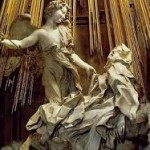 I was awestruck when I met Andrew Greeley in my second year as an assistant professor at the University of Arizona. My mom was devoted to Father Greeley’s columns in the Catholic press. Through my high school years, my father (a convert) was struggling with the reforms of Vatican II. To every query or qualm my mother intoned “Father Greeley says ….” and then paraphrased the latest column. My wife’s father read the columns aloud to her mother as she cooked after church. The tableau repeated in millions of Catholic homes.
I was awestruck when I met Andrew Greeley in my second year as an assistant professor at the University of Arizona. My mom was devoted to Father Greeley’s columns in the Catholic press. Through my high school years, my father (a convert) was struggling with the reforms of Vatican II. To every query or qualm my mother intoned “Father Greeley says ….” and then paraphrased the latest column. My wife’s father read the columns aloud to her mother as she cooked after church. The tableau repeated in millions of Catholic homes.